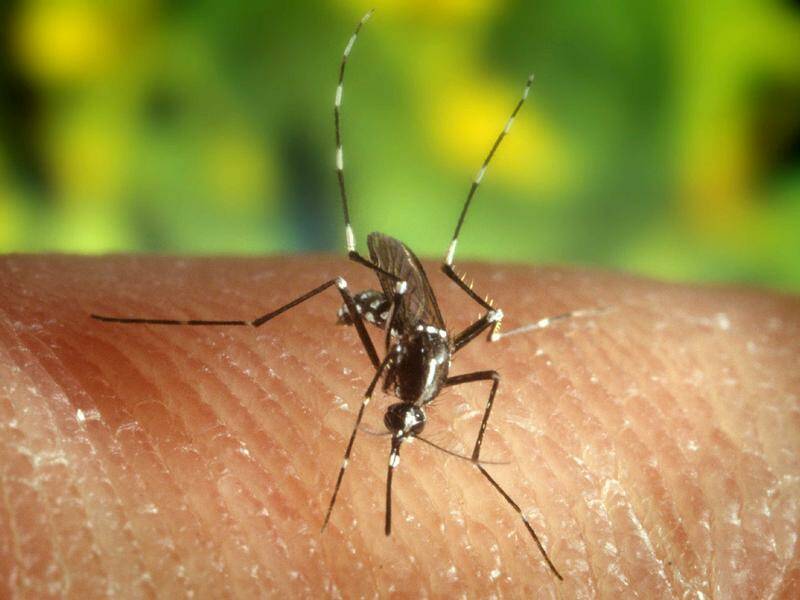
Bangladesh is grappling with a significant public health crisis as mosquito-borne diseases, particularly dengue and chikungunya, spread rapidly across the country. Hospitals are becoming overwhelmed with patients, raising concerns about an impending escalation of cases in the coming weeks. According to the Directorate General of Health Services, more than 33,800 dengue cases have been reported this year, resulting in 132 deaths. In the first week of September alone, at least 10 individuals lost their lives, and over 1,500 people were hospitalized due to fever.
Chikungunya, a disease that had been dormant for years, is making a notable resurgence. Between January and July, four laboratories in Dhaka confirmed 785 cases of the chikungunya virus, with some facilities reporting detection rates exceeding 30 percent. The port city of Chittagong has also experienced a surge, with officials confirming 30 new cases in just 24 hours, raising the city’s total to nearly 3,000 cases this year.
Hospitals are struggling to manage the influx of patients. At Dhaka Medical College Hospital, the largest public hospital in the country, wards are overflowing, accommodating more than three times their intended capacity. Health experts have warned that the situation could worsen unless mosquito control initiatives are significantly strengthened.
“The Aedes mosquito is adapting quickly to our urban environments,” stated Kabirul Bashar, a medical entomologist at Jahangirnagar University. He pointed out that stagnant water in construction sites, on rooftops, and in flower pots are becoming breeding grounds for the mosquitoes. “If we do not systematically eliminate these habitats, outbreaks of dengue and chikungunya will continue to escalate annually.”
In a concerning trend, 2023 is on track to be the deadliest year on record, with 1,705 deaths attributed to dengue and more than 321,000 infections documented. The World Health Organization has identified dengue as one of the fastest-growing global threats, exacerbated by issues such as climate change and urban overcrowding. WHO advises communities to recognize early warning signs, including abdominal pain, vomiting, bleeding, or reduced urination, and cautions against the misuse of non-steroidal anti-inflammatory drugs (NSAIDs) or steroids during viral fevers.
Patients are reporting experiences that differ significantly from previous fever seasons. “My dengue test was negative, but the pain persisted,” said Sultana Parveen, a 48-year-old who has been bedridden for over two weeks while undergoing further tests in a Dhaka hospital. “I cannot walk properly because my ankles hurt so much.”
With multiple fever strains circulating simultaneously, health experts emphasize the urgent need for reinforced hospital resources, expanded testing capabilities, and year-round mosquito control campaigns to prevent further deterioration of the situation. As Bangladesh confronts this dual outbreak, the call for effective public health strategies has never been more pressing.







